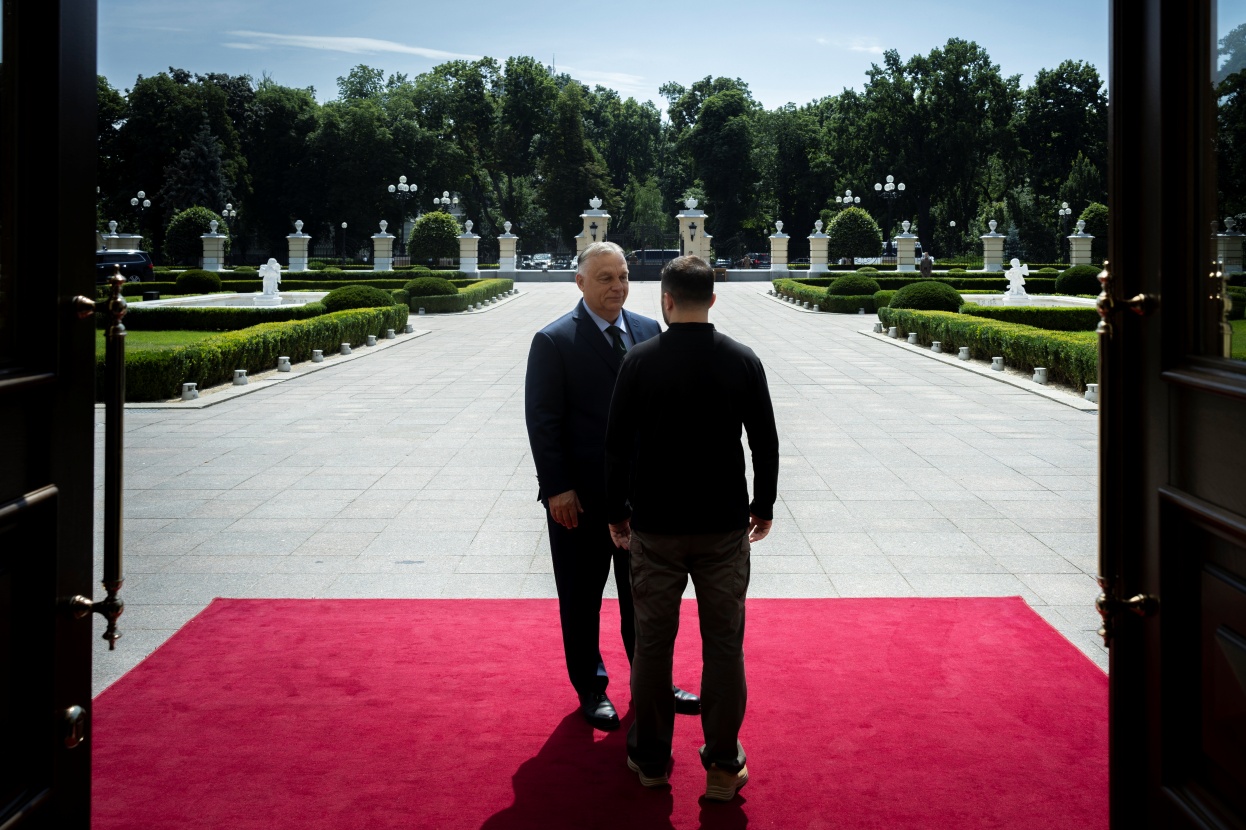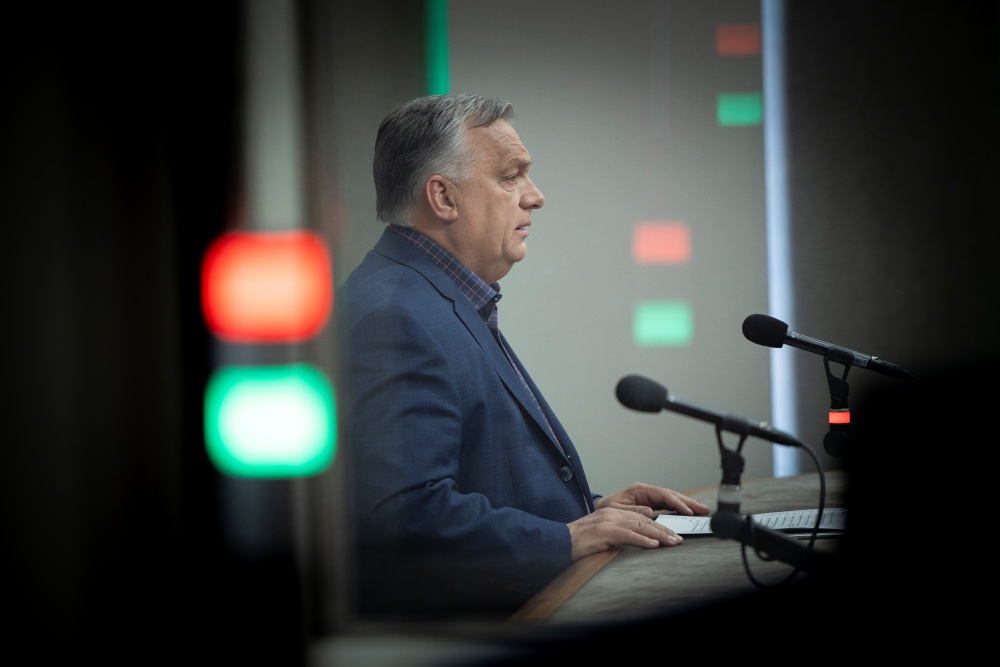
Bilateral talks will include the question of peace talks, as well as the situation of the Hungarian minority in Ukraine.Continue reading

Prime Minister Viktor Orbán, in a radio interview on Kossuth Radio’s “Good Morning, Hungary” program, discussed Hungary’s role in seeking peace for Ukraine, European political dynamics, and pressing domestic issues facing the nation.
Viktor Orbán emphasized that peace in Ukraine will not come automatically but requires active effort. As Hungary’s Prime Minister and EU President, Mr. Orbán clarified that while Hungary lacks the mandate to negotiate for the EU, it can explore the situation and facilitate dialogue. He stressed the importance of Europe holding “the compass of peace and humanity” and doing more to move parties towards peace.
The Prime Minister sees Hungary as a potential “good instrument” for peace,
capable of initiating steps towards a ceasefire and negotiations, despite the currently distant positions of the involved parties.
Highlighting several obstacles to achieving peace in Ukraine, he noted the absence of dialogue between parties and the reluctance towards ceasefires, as each side fears the other might use it for strategic advantage. The Prime Minister also mentioned the difficulty in assessing the situation due to manipulated information surrounding the conflict while observing a dual sentiment across Europe:
a moral pressure to do more for peace, given Europe’s historical focus on maintaining peace, and growing concern about the war’s economic impact, including inflation and living difficulties in Western Europe.
The Prime Minister discussed the significance of the French parliamentary election, noting the unprecedented success of right-wing parties.
He suggested this could have far-reaching consequences for European politics, potentially affecting the composition of the European Parliament and French-Hungarian relations. Mr. Orbán also mentioned the formation of the Patriots for Europe (PfE) group, expressing his ambition for it to become a significant force in European politics. He emphasized the importance of these political shifts in shaping the future of Europe and influencing the approach to issues like the Ukraine conflict.
Addressing several domestic issues facing Hungary, he criticized the poor organization and lack of “humanity” in air transport, promising improvements once the state takes over airport ownership. On fuel prices, he firmly stated that Hungary would not tolerate prices higher than the average in neighboring countries, warning of potential action if agreements are not respected.
The Prime Minister also expressed concerns about the EU’s planned punitive tax on Chinese carmakers, warning it could lead to a trade war detrimental to Hungary’s export-oriented economy.
Despite these challenges, the Prime Minister noted encouraging economic signs, including positive trends in tourism, housing programs, and employment figures, while cautioning that the full economic picture would become clearer in the autumn.
Via MTI; Featured Image: MTI / Miniszterelnöki Sajtóiroda / Fischer Zoltán